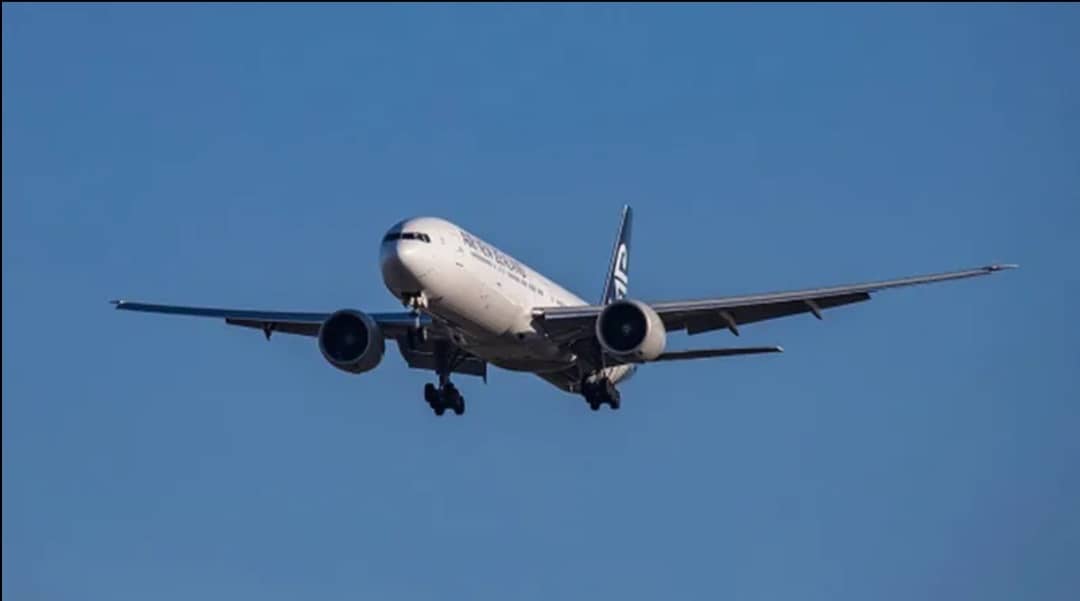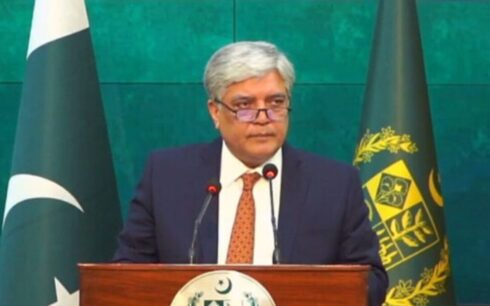ISLAMABAD, Pakistan — Overflights through Pakistan’s airspace have decreased by 50 percent following recent missile attacks and tensions between Iran and Pakistan, Pakistani media reported.
According to the Express Tribune report, normally, Pakistan’s airspace accommodates around 750 flights daily, but only 450 were recorded on Thursday.
Zahra Baloch, Pakistan’s Ministry of Foreign Affairs spokesperson, clarified that there are no restrictions on air traffic from any direction using Pakistan’s airspace.
Amid these tensions, foreign ministers of Iran and Pakistan held a critical phone conversation about returning ambassadors to Islamabad and Tehran.
Pakistan’s National Security Committee, chaired by Pakistani Interim Prime Minister Anwar al-Haq Kakar, convened to address the border tensions, according to a statement from the Prime Minister’s Office.
In Iran, the Supreme National Security Council reportedly held two extraordinary sessions to discuss the missile attack on Pakistan and the retaliatory action in Saravan.
Last week’s missile and drone attacks by Iran inside Pakistani territory, and Pakistan’s subsequent missile response, have strained diplomatic ties between the two nations. The incidents prompted Pakistan to recall its ambassador from Tehran and hindered the return of the Iranian ambassador to Islamabad.
During a call between Pakistan’s caretaker foreign minister Jalil Abbas Jilani and his Iranian counterpart, Islamabad expressed a desire for dialogue and cooperation on all issues.
“Respecting territorial integrity and sovereignty must be the foundation for collaboration,” Jilani said.
In response, Iran’s Ministry of Foreign Affairs emphasized its strong consideration for Pakistan’s sovereignty and territorial integrity.
Iran has said that at least 10 people were killed in Pakistan’s attacks on the Iranian province of Sistan Baluchistan on Thursday, Jan. 18.





